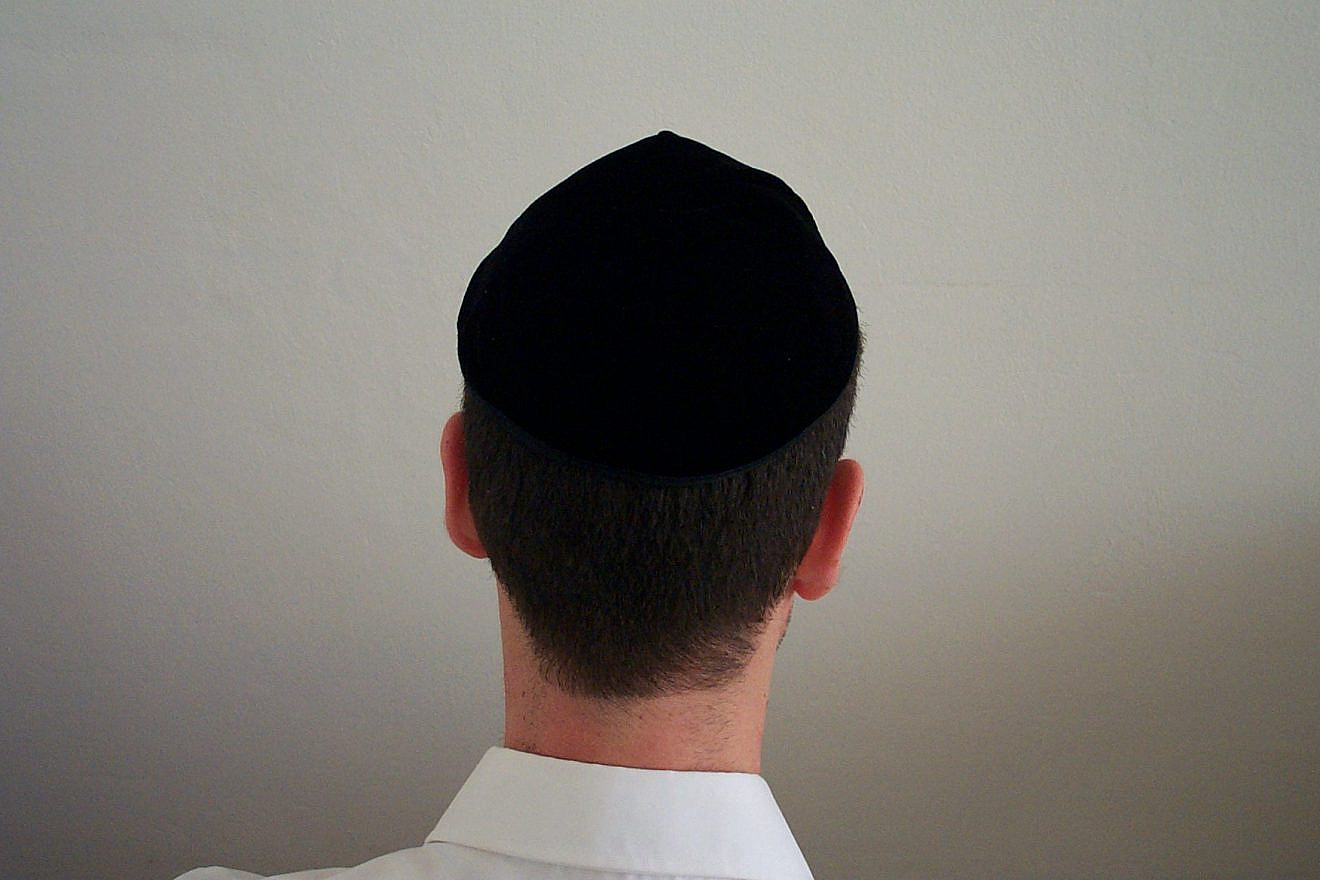Is it just me, or is the “new” antisemitism starting to sound a lot like the old kind?
In recent weeks, The New York Times has twice published remarks that directly invoked classic antisemitic stereotypes. Many of us had thought that kind of crude bigotry had finally been eliminated from the mainstream media. Apparently not.
Book reviewer Sam Kriss wrote in the Times on Aug. 20 that his Jewish identity is rooted in his affinity for books, matzah-ball soup and his “overbearing mother.”
If a reporter would ask him about it—although I doubt any will—Kriss might claim that he was just joking about his mother. Well, I, for one, am not laughing.
It reminds me of the “joke” made by Rebecca Erbelding, a staff member of the United States Holocaust Memorial Museum in Washington, D.C., who said the size of her nose sometimes leads people to mistakenly think that she’s Jewish.
“Jokes” about “Jewish noses” and “pushy Jewish mothers” aren’t funny. They perpetuate cruel and demeaning images of Jews. We all know from history where such vicious imagery can lead. You’d think a staff member at a Holocaust museum would be aware of that.
A few weeks after Kriss’s screed about his mother, the Times once again gave a platform to an exponent of the “new” antisemitism. This time, the perpetrator was Lara Friedman, president of a pro-Arab group called the Foundation for Middle East Peace. It should be noted (although The New York Times didn’t mention it) that Friedman’s foundation promotes the anti-Israel BDS campaign and has financially supported the anti-Zionist extremist group called Jewish Voice for Peace.
The foundation and its leaders also traffic in a particular kind of antisemitic stereotyping. In an Oct. 2 news article, Friedman was asked by a Times correspondent about U.S. Vice President Kamala Harris’s attitude towards Israel. Friedman replied that Harris is “in a bind” because if she were to “give an inch” and criticize the Israeli government (as if she hasn’t already!), “she would be framed as anti-Israel or even antisemitic. Even if she doesn’t give an inch, she’s still being framed as anti-Israel or antisemitic.”
Who, exactly, is the unnamed group that supposedly is “framing” Harris with such accusations? Who is the “they” Friedman has in mind? The Jews, obviously. Those aggressive, name-calling, pushy Jews who always unfairly accuse everybody they dislike of being antisemitic. Poor Harris; she just can’t win. No matter what she does, those mean Jews are going to defame her. Lara Friedman says so. And The New York Times thinks she’s worth quoting.
The image of the loud, mean, insufferable Jew who defames innocent politicians is a well-worn antisemitic stereotype. Just because the Times article dressed up Friedman’s remark as political commentary didn’t make it any less incendiary.
Many of us thought the “old” antisemitism that portrayed Jews as having unpleasant physical and behavioral features was a thing of the past. It seemed to have been supplanted in recent years by a “new” antisemitism in which haters pretend to oppose Israeli policies or Zionism, even though they really just hate Jews.
Their public celebrations of the Oct. 7 mass murder of 1,200 Jews in Israel by Hamas terrorists—and their calls to murder millions more by destroying Israel—can only be described as blatantly and viciously antisemitic. If calling for the mass murder of blacks is racist and calling for the mass murder of Muslims is Islamophobic, then surely calling for the mass murder of Jews is antisemitic.
But now we see that some of those “old” style anti-Jewish slurs are creeping back into public discourse. Sometimes, they’re thinly disguised as “humor,” but there’s nothing funny about such language.
In order to discredit antisemitism, we need to persuade the major forces in society, such as our leading newspapers and other media outlets, to reject it in toto.
And that is one of the biggest problems we face in confronting the “new” antisemitism—the fact that a widely respected publication such as the Times feels comfortable giving a platform to anti-Jewish stereotyping. Convincing the pillars of polite society to take a new approach to antisemitism will be one of the major challenges facing the American Jewish community in the years ahead.
Moshe Phillips is national chairman of Americans For A Safe Israel, a leading pro-Israel advocacy and education group.


























